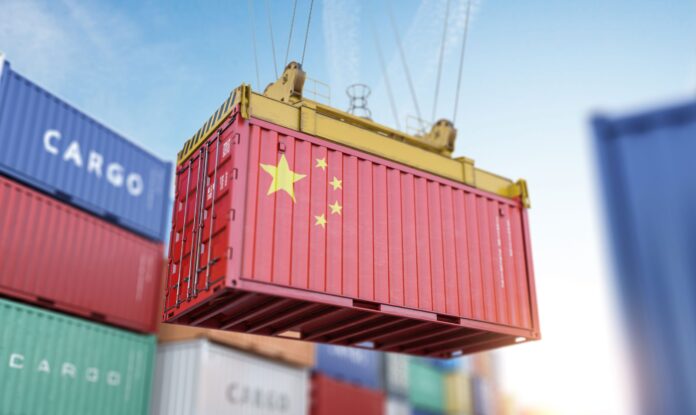President Donald Trump signed an executive order on Wednesday closing the “de minimis” trade loophole that had allowed low-value packages from China and Hong Kong to enter the United States duty-free.
The order will take effect on May 2, following Trump’s announcement of new tariffs on global trading partners.
Under the new rules, imported goods from China and Hong Kong sent outside the international postal network and valued at or under $800 will now be subject to all applicable duties. Goods shipped through the postal network will face a duty rate of either 30% of their value or $25 per item, with the rate increasing to $50 per item starting June 1.
Trump had originally signed an order on February 1 to end duty-free entry for low-value Chinese imports but paused it due to logistical issues with inspecting the large volume of small shipments.
The number of shipments entering the U.S. through this duty-free route has surged in recent years, with nearly 1.4 billion packages last year alone. More than 90% of all incoming parcels qualify for de minimis entry, with about 60% of them originating from China, largely driven by direct-to-consumer platforms like Temu and Shein.
Anticipating changes to the de minimis threshold, Temu has expanded its semi-managed model, a strategy similar to Amazon’s, which involves shipping goods in bulk to overseas warehouses rather than directly to customers. Shein, while still heavily reliant on Chinese suppliers, has been diversifying its supply chain, adding suppliers in Vietnam, Brazil, and Turkey—moves that are likely to increase in response to the new tariffs.
Trump’s decision to target the de minimis loophole is part of his broader campaign to punish China for its role in the synthetic opioid crisis, which has contributed to over 450,000 American deaths in the last decade. U.S. anti-narcotics officials have identified Chinese chemical manufacturers as the main suppliers of raw materials used by Mexico’s cartels to produce fentanyl, a claim that China has denied.
The White House had paused Trump’s initial order on February 7 due to concerns about logistical delays and the backlog of packages at U.S. ports. The new rules require carriers transporting Chinese and Hong Kong postal items to report shipment details to U.S. Customs and Border Protection, maintain an international carrier bond to ensure duty payments, and remit duties on a set schedule.
Customs and Border Protection may also require formal entry for any postal package instead of applying the specified duties.
Commerce Secretary Lutnick is expected to submit a report within 90 days to assess the impact of the order and to consider whether to extend these rules to packages from Macau.




